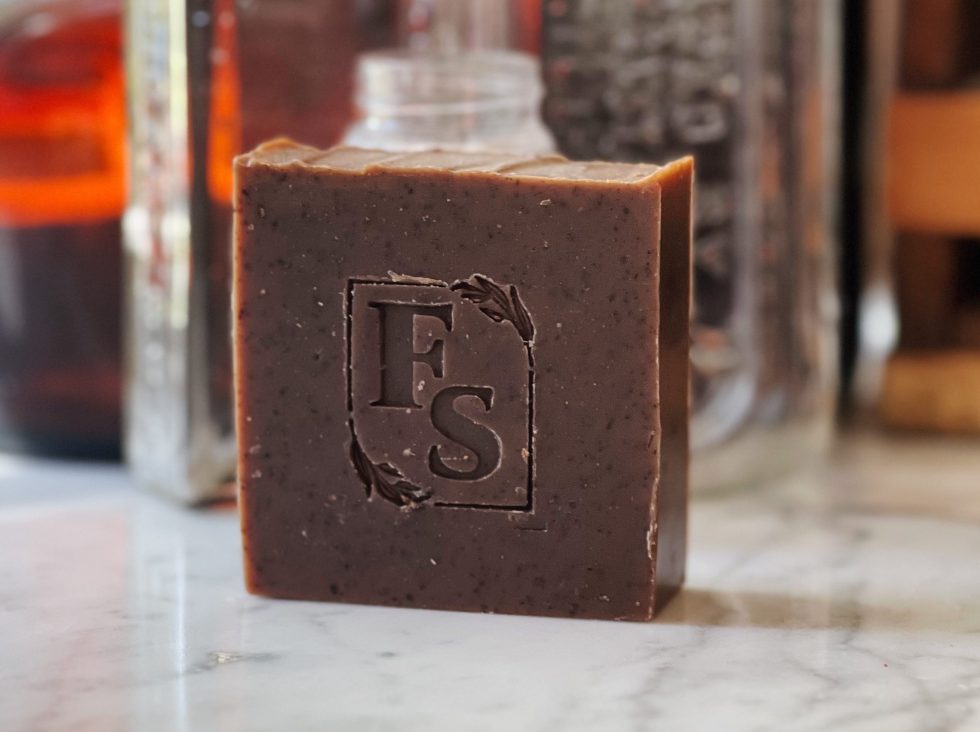
Neem oil. It’s a thick, tan-colored oil extracted from the mechanically-pressed (or chemically-processed) seed of the neem tree. Neem is one of those plants that is almost certainly under-utilized across most of the world. It’s all-natural and vegan. You can use neem oil for organic pest control but wait, there’s more…
Don’t eat the neem
Yes, I know that the very young shoots and leaves are prepared in dishes in some countries, but long term ingestion of neem is likely to harm internal organs. Neem is toxic to children and pregnant women. Avoid ingesting neem if you are pregnant or nursing.
If you keep neem in your house, ensure that it is out of the reach of children.
What’s the “double-duty” then?
#1 duty: Use neem oil for organic pest control in your garden. I get a ton of pests in my garden in the summer. I pick them off the leaves and use all sorts of preventative measures, like broken egg shells, jute rope, copper tape and a solar-powered owl, that looks fun but is mostly ineffective.
There’s only two organic-friendly garden treatments that offer me any success. One is neem oil. The other is coyote urine. If I have to choose, neem oil smells better but not by much.
It’s not a good idea to eat a lot of neem oil, but it also breaks down quickly in the environment. I spray my plants on a day when I know two things are not going to happen.
- First, I won’t be harvesting and eating the veggies for at least two days. That’s the half life of neem’s active component, Azadirachtin.
- Second, it’s not going to downpour and wash away some of the protective oils. Water makes the Azadirachtin breakdown faster.
Neem oil in organic gardens
Every two weeks in the summer, I fill a spray bottle with warm water and add a cap full of neem oil. I shake it up and spray it all over my backyard garden. For my 20′ x 60′ garden, I need to fill the bottle twice.
Neem deters and kills aphids (they’re garden enemy #1 at my house), snails, nematodes (that’s too bad, I kind of like them), cabbage worms, gnats, moths, cockroaches, flies, termites and mosquitoes.
Some internet sites list Japanese beetles as one of the bugs killed or repelled by neem; however, in years when the infestation is really intense, all kinds of beetles power-through my neem defenses. It might help, but it’s no cure-all.
The great news is, neem oil is practically non-toxic to bees, birds, fish and plants! I would never harm my neighbors’ honey bees. Look how cute they are.

Looking for more technical info on neem oil? Here is a great cheatsheet from Oregon State University.
Another use for neem oil
I did say neem could do double duty for you. In addition to using it in your organic garden, you can use neem oil to make homemade soap. It’s cleansing, moisturizing and deodorizing!
One piece of advice, don’t use too much neem in your soaps. It can feel a little bit heavy on your skin if you overdo it.
When I make soap, I usually use a base of olive oil, coconut oil and shea butter. Neem oil works best if it’s less than 10% of the total oils in your recipe.

Here are some tips on how to use almost any oil laying around your house to make soap. You really just need a basic recipe and a little practice with a soap calculator. I use the calculator at soapcalc.net for all of my homemade batches.
Nutmeg and Neem vegan handmade borage and babassu soap
Bonus: since a little goes a long way, one bottle of neem lasts me more than a year!

